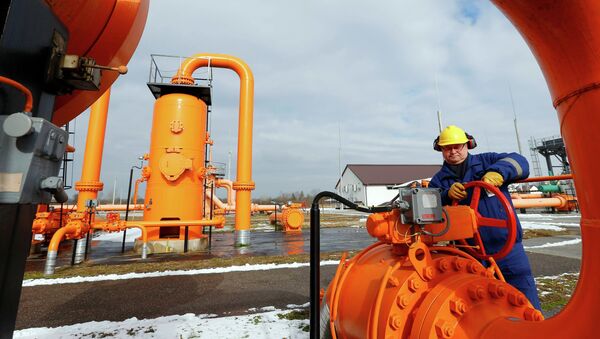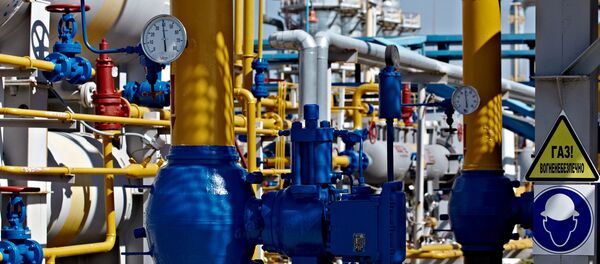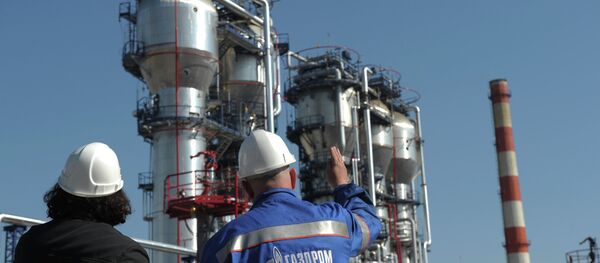“Clearly, right now the most expeditious and cost effective supply is from Russia. That’s why they are using it. It’s not because of anything other than supply, demand, and affordability,” McConnell, who currently heads Rice University's Energy and Environment Initiative, said.
He stressed that for a long time, Europe has been dependent on international suppliers, with gas flowing from various areas, including Africa.
The conflict in Ukraine has led Europe to reconsider its energy dependency on Russia, and the European Commission discussed the issue at a summit in June 2014.
“At this point of time Russian gas continues to flow. I think it’s a big mistake when people start taking politically charged conversations, and try to use energy policy to advance their politics. That’s dangerous. It’s also not sustainable,” McConnell said.
McConnell also urged the politicians from all sides to refrain from using energy issues as a pretext for advocating politics.
“My encouragement to politicians in Europe and in Russia would be: don’t use energy policy and supplying commodities as a platform to exercise your politics. The worst thing for both Russia and Europe to [do is to] start making arbitrary decisions that are expensive and not sustainable,” McConnell concluded.
The United States has repeatedly expressed concern over Europe’s, and particularly Ukraine’s dependence on Russian energy supplies, calling to diversify energy sources. Russia accounts for about 30 percent of the European Union’s oil and gas imports.
In March, US Department of the Interior Assistant Secretary Janice Schneider told Sputnik that the United States will increase supplies of liquefied natural gas (LNG) on global markets to help its European partners gain greater energy independence, including from Russia.



